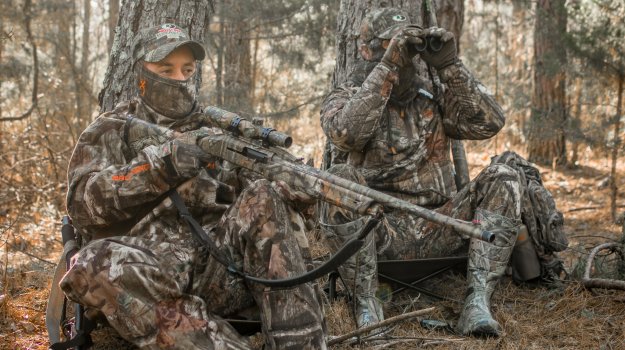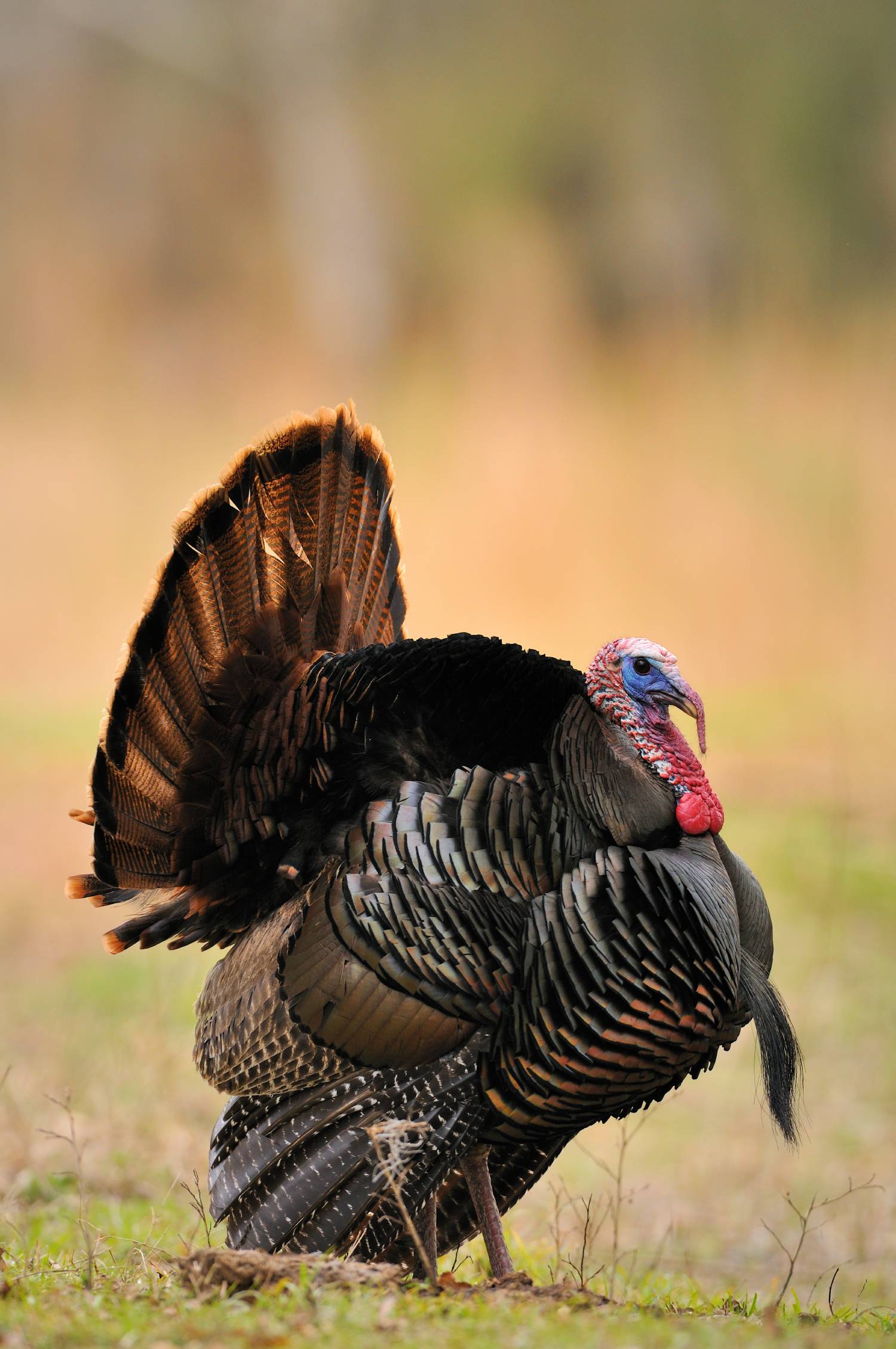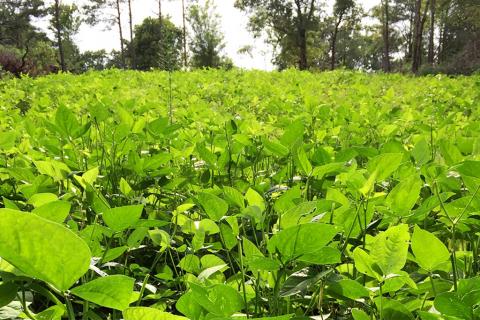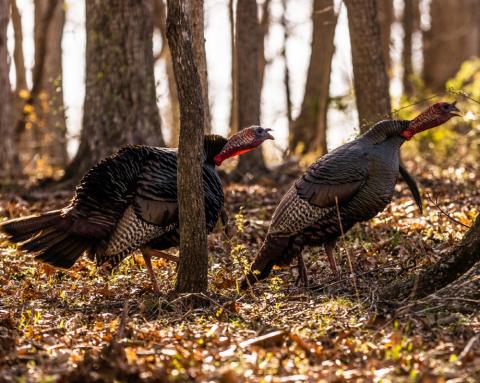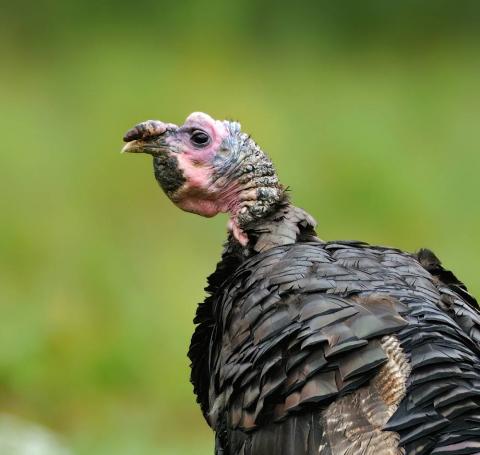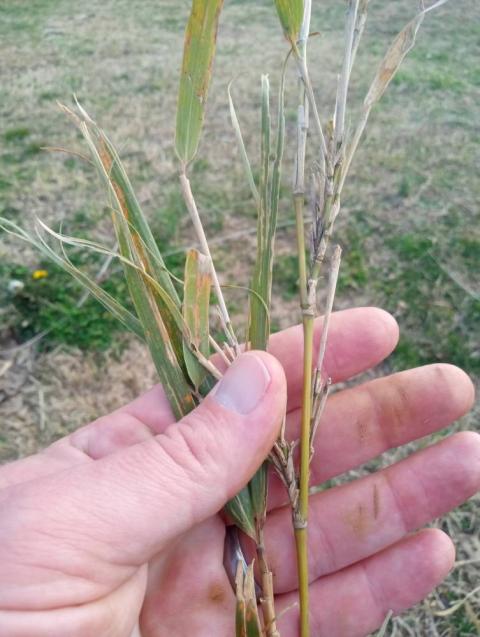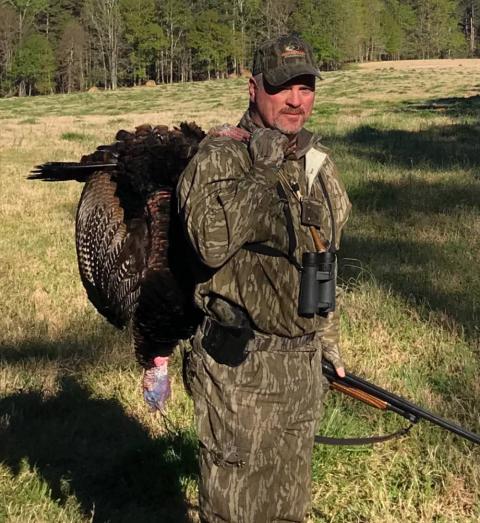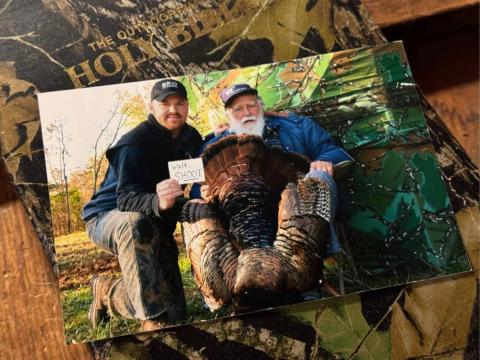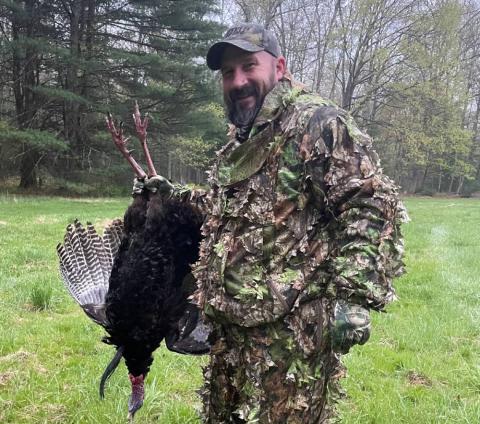This is one of my favorite times of the year. The anticipation of what might show up this year as the antlers begin to develop is always super high. I have even found myself in the past few years putting out Bio Rocks in urban landscapes and backyard woodlots just to see what deer frequent the area even though I have no intention of hunting there. Creating new mineral sites can be especially exciting when you have a new piece of ground to investigate and see what deer are living there and what the potential of the area is. Refreshing old mineral sites or creating new ones is also a good family and kid friendly management activity. It doesn’t require any heavy equipment or long hours, and can be a great way to help teach kids some woodsmanship along the way and why whitetails use mineral licks.
So how do you establish a productive mineral site? It may seem as simple as pouring it in a depression you dig up with your boot or throwing a Bio Rock out on the edge of a food plot. These scenarios will work to a degree, but I like to put a little more thought and effort into my mineral sites and try to get the most out of them in terms of attraction, utilization, and trail camera use for getting an inventory on the deer that are using the area as well as identifying bucks through unique characteristics.
As with other hunting related tactics, studying an aerial map of the property you plant to create one or multiple mineral sites on can be helpful. As a general rule, one mineral site is needed for every 80-100 acres of land. If you have a high deer density, you may want to increase that rate a little. Whitetails, like people, have different personalities and habits. Some deer don’t mind visiting and using a mineral site that a bunch of other deer are spending a lot of time at. I have found, on the other hand, certain older age class bucks don’t like to use mineral licks where a large number of other deer are constantly in and out of. I think they feel this could expose them to unwanted danger or attention brought on by the inexperience of the younger deer. It’s no different than the reason mature bucks often eat alone in a food plot and typically have their own trails and access points to fields and cover. For this reason, I usually create a mineral site in high traffic areas where I know does, fawns, and younger bucks will utilize it. In that same area, usually in thick cover where I know mature bucks like to bed and stay hidden, I create another mineral site to encourage use for these older age class bucks that are creatures of the night and want to stay away from fawns with happy feet and other ignorant young deer. This theory of mine has proved itself to me on several properties where mineral sites are pretty closely located to each other and trail cameras show totally different groups of deer using each.
This tip is courtesy of the GameKeepers Field Notes, a weekly wildlife and land management email newsletter produced by the Mossy Oak GameKeepers.
A GameKeeper by definition is someone who truly loves AND lives the land, the critters and nature…not just during hunting season but all the time. A GameKeeper wants to be outdoors every day and work the dirt while living their personal “obsession”.
Find out more about what makes a GameKeeper by visiting our website.















